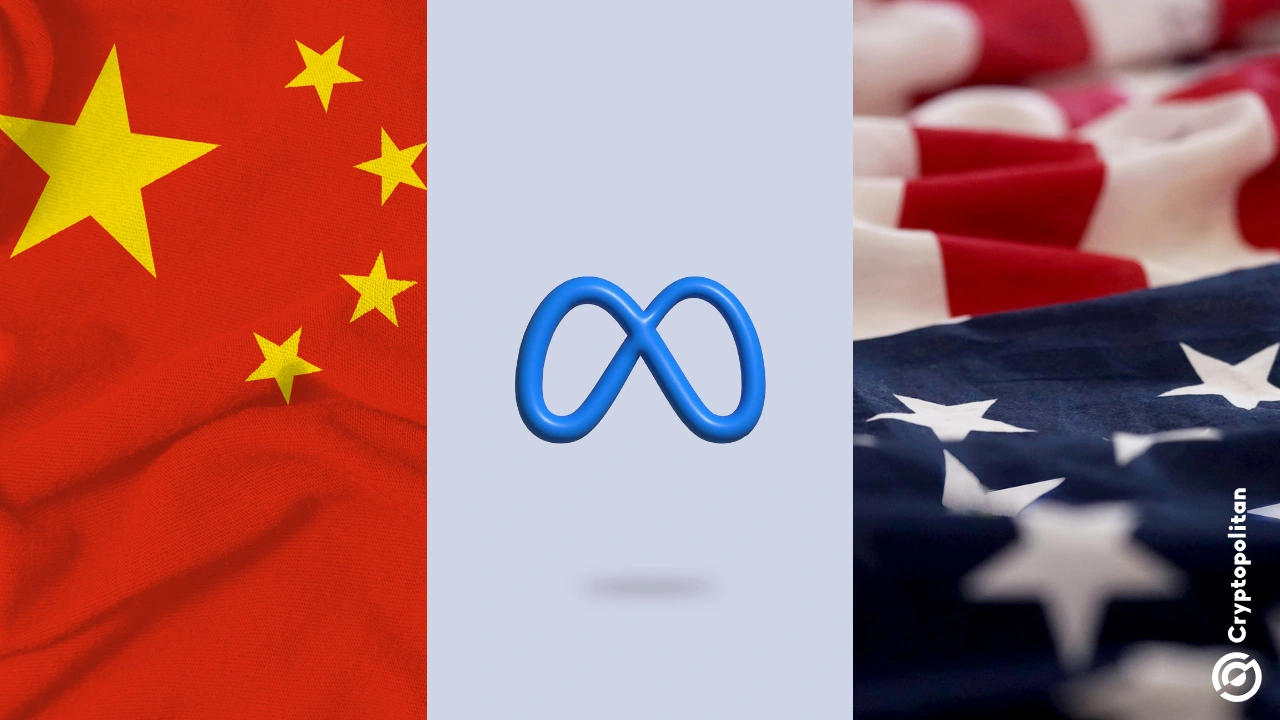Meta's AI ambitions hinge on Chinese researchers

Meta Platforms has recently made waves in the tech industry by quietly assembling a formidable team of Chinese AI researchers for its newly launched Meta Superintelligence Labs (MSL). This initiative, outlined in an internal memo, sees CEO Mark Zuckerberg entrusting the unit with the development of next-generation large-scale models that could enable “personal superintelligence” accessible to anyone. The move has not only highlighted China’s growing influence in global AI research but also sparked discussions about talent migration and competitive tensions within the sector.
A Who's Who of Chinese Talent at MSL
Of the 11 publicly named hires at the lab—excluding high-profile leaders like former Scale AI CEO Alexandr Wang and ex-GitHub CEO Nat Friedman—seven come from China. These include Bi Shuchao, Chang Huiwen, Lin Ji, Ren Hongyu, Sun Pei, Yu Jiahui, and Zhao Shengjia. Many of these individuals graduated from prestigious institutions such as the University of Science and Technology of China and Tsinghua University, often regarded as China’s equivalent to MIT.
Four of the new recruits are specifically noted as alumni of Tsinghua University, underscoring its reputation as a breeding ground for top-tier AI professionals. Their academic and professional journeys reflect a global trajectory, with many completing advanced degrees in the U.S. before joining major tech firms like Google, Microsoft, and OpenAI.
Profiles of Key Recruits
-
Chang Huiwen: A graduate of Tsinghua’s elite Yao Class, she earned her PhD at Princeton focusing on image processing. Her career spans Adobe, Facebook, Microsoft, and Google before joining OpenAI in mid-2023 to co-develop GPT-4o’s advanced image generation capabilities.
-
Lin Ji: With a bachelor’s from Tsinghua and a PhD from MIT, he brings experience from Google, Adobe, and Nvidia. He joined OpenAI in late 2023 to work on multimodal reasoning and synthetic data generation.
-
Sun Pei: After earning his master’s from Carnegie Mellon, he began his career at Google in 2011. Following a brief stint in China with Alluxio, he joined Waymo and later DeepMind, where he played a key role in shaping the Gemini AI suite.
-
Zhao Shengjia: A Tsinghua alumnus with a Stanford PhD, he went directly to OpenAI after graduation. His contributions include leading the synthetic data team instrumental in developing ChatGPT and GPT-4.
-
Bi Shuchao: Trained in mathematics at Zhejiang University and later at UC Berkeley, he started at Google in 2013, working on deep learning applications for Ads and co-founding YouTube Shorts. He joined OpenAI in May 2024 to lead post-training efforts for multimodal models.
-
Ren Hongyu: A Peking University graduate with a Stanford PhD, he interned at Microsoft, Nvidia, Google, and Apple before moving to OpenAI to lead post-training teams for flagship models.
-
Yu Jiahui: From the Special Class for Gifted Young at the University of Science and Technology of China, he completed his PhD at UIUC. His eclectic career includes roles at Microsoft, Megvii, Snap, Baidu, and DeepMind before joining OpenAI in October 2023.
Industry Reactions and Competitive Dynamics
The influx of Chinese talent into Meta’s AI unit has generated significant discussion within China’s tech community, emphasizing the country’s outsized role in global AI research. As Nvidia CEO Jensen Huang pointed out earlier this year, roughly 50% of the world’s AI researchers are Chinese—a statistic that continues to shape international tech dynamics.
Meta’s aggressive hiring strategy has also intensified rivalries in the sector. OpenAI CEO Sam Altman recently voiced concerns during a podcast, noting that Meta was offering signing bonuses as high as $100 million to lure potential recruits. In a memo to staff, Altman reportedly criticized Meta’s approach, suggesting that “missionaries will beat mercenaries.” He also hinted at revisiting OpenAI’s compensation strategies to retain top talent.
As Meta continues to bolster its AI division with globally renowned experts, the tech landscape is witnessing a reshuffling of talent that reflects both opportunity and competition on an unprecedented scale.
Post a Comment for "Meta's AI ambitions hinge on Chinese researchers"
Post a Comment